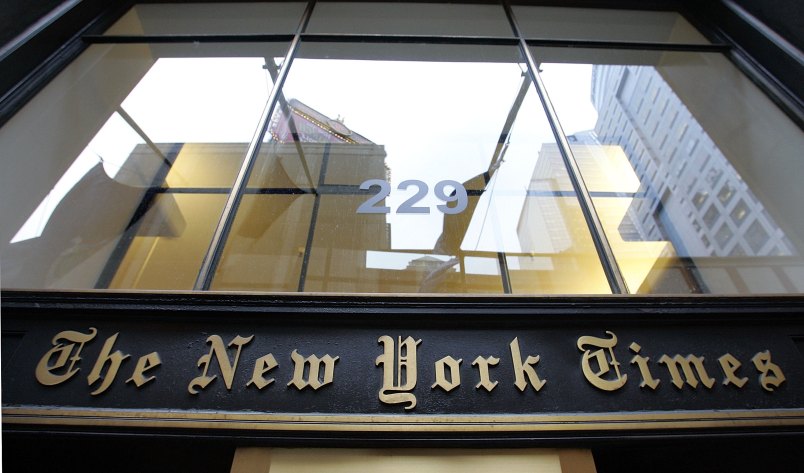The New York Times’ top editor defended his decision to publish some identifying information about the whistleblower whose complaint is at the center of the House’s impeachment inquiry, arguing the paper wanted readers to make an informed decision about the person’s credibility.
In a note published by executive editor Dean Baquet Thursday afternoon, Baquet said the Times decided to publish “limited” information about the whistleblower partially in response to President Trump and his allies’ attacks on the individual as “partisan.”
“The President and some of his supporters have attacked the credibility of the whistle-blower, who has presented information that has touched off a landmark impeachment proceeding. The president himself has called the whistle-blower’s account a ‘political hack job,'” Baquet said.
“We decided to publish limited information about the whistle-blower — including the fact that he works for a nonpolitical agency and that his complaint is based on an intimate knowledge and understanding of the White House — because we wanted to provide information to readers that allows them to make their own judgments about whether or not he is credible.
“The role of the whistle-blower, including his credibility and his place in the government, is essential to understanding one of the most important issues facing the country – whether the president of the United States abused power and whether the White House covered it up.”
On Thursday afternoon, the Times published a story that identified the whistleblower as a CIA officer who once worked in the White House. The Times was widely criticized for the story, with many saying it could open the whistleblower up to retaliation if the individual were exposed. Some called the move dangerous in light of reports on Trump’s comments at the United Nations Thursday in which he called the whistleblower’s source a “spy” and alluded to execution as punishment.



